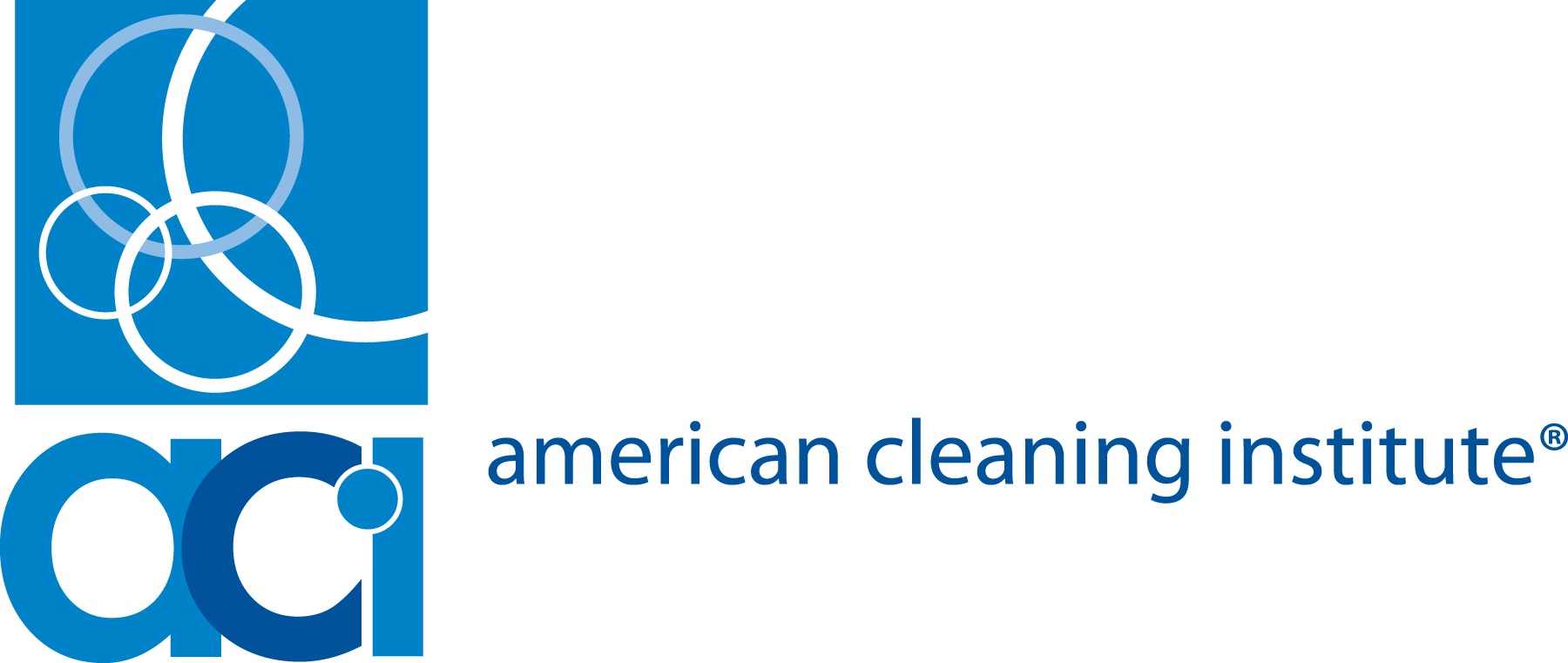Newswise — It is National Poison Prevention Week (March 16-22, 2014), and the public is urged to use this time to check their homes for hidden poison dangers and to take important steps to eliminate hazards. Last year, more than three million calls were placed to poison centers nationwide due to poison-related exposure.
Many poison-related exposures involve children. An estimated 90,000 children are treated in emergency rooms nationwide and about 30 die each year to poison-related incidents. The good news, many of these poison-related incidents are preventable and the Poison Prevention Week Council is providing tips and tools to help identify and prevent accidental poisoning incidents.
The first step in prevention is identifying poison danger. A poison is any substance that can harm someone if it is used in the wrong way, by the wrong person or in the wrong amount. Nine out of ten unintentional poisoning incidents occur in the home, and many incidents involve commonly used medicines and household chemicals.
Simple steps such as keeping products in original containers, properly sealed after each use and stored up and away and out of child’s reach and sight can go a long way in preventing unintentional exposure. It is also important to know what to do in case of exposure.
Recently, the Centers for Disease Control and Prevention named poisoning as the leading cause of accidental death in the United States. In recognition of this growing danger and the role poison centers play in awareness and prevention, the Obama Administration signed legislation to maintain funding for the Poison Help Line, 1-800-222-1222. If there is a poison emergency or question related to exposure, the Poison Help Line is a free, one-stop source of information. Trained professionals are standing by 24 hours a day, 7 days a week, 365 days a year.
Parents, grandparents, caregivers, child care providers, community activists, victims of poison incidents and poison prevention specialists are all encouraged to log onto the Council’s Facebook page and read the safety messages, post a story and help spread the word about poison prevention awareness. Follow the poison awareness messages on Twitter with hashtag #PreventPoison.
For more information about poison awareness and to get the Council’s 50 Tips to Prevent Poisoning guide, visit the PPWC website at www.poisonprevention.org.
Public Law 87-319 (approved September 26, 1961) requested the President annually to designate the third week in March as National Poison Prevention Week. The observance, sponsored by the Poison Prevention Week Council, was designed to alert the American people to the problem of unintentional poisonings. For the past 50 years, National Poison Prevention Week has focused on preventing poisonings among children under 5 years of age.
Poison Prevention Week Council Members:American Academy of Pediatrics * Alliance for Consumer Education * American Association of Poison Control Centers * American Cleaning Institute * AmericanCollege of Emergency Physicians * American Society for Testing Materials * Art & Creative Materials Institute, Inc. * Consumer Healthcare Products Association* Consumer Specialty Products * Association Healthcare Compliance Packaging Council * National Safety Council * Safe Kids Worldwide * U.S. Centers forDisease Control and Prevention * U.S. Consumer Product Safety Commission * U.S. Department of Housing & Urban Development * U.S. EnvironmentalProtection Agency * U.S. Health Resources and Services Administration
____
www.poisonprevention.org * [email protected] * 202-347-2900c/o: ACI, 1331 L. Street, NW, Suite 650 / Washington, DC 20005
